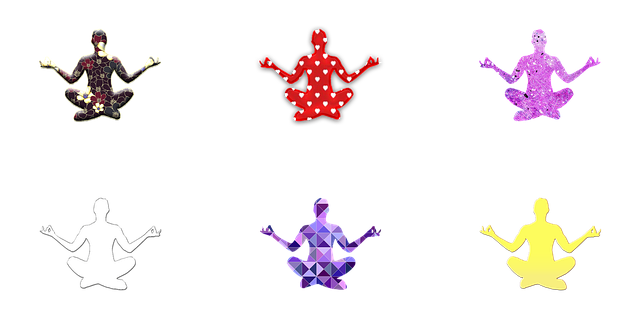
- 「have+目的語+動詞の原形(原形不定詞)」→「~させる」という意味になる
- 「have+目的語+過去分詞」→「~してもらう」という意味になる
- 「have+目的語+過去分詞」の形で「~される」という「被害」の意味にもなる。「I had my bike stolen last night」という形が例

使役動詞のhave






「have+目的語+過去分詞」=~してもらう




Now the Corleone Family had killed somebody so important that they wished to hide his body, make it disappear, and what better way than to have it officially buried by a registered undertaker?
※undertaker葬儀屋
今、コルレオーネファミリーは誰か重要な人物を殺して死体を人目に触れないように始末しようとしているんだ。それには正規の葬儀屋に正式に埋葬してもらう以上にいい方法があるだろうか?






My friend’s girlfriend had her chest operated on there, and the two of us went to see how she was doing. The summer of our junior year in high school.
友だちのガールフレンドがそこで胸の手術をしたので、彼と一緒に見舞いに行ったのだ。高校二年生の夏休みのことだ。







「have+目的語+過去分詞」=「~される」(被害の意味!)












They may kill him in his cell or have one of the prisoners do it. As I see it, we can’t even afford to have him arrested or accused.”
※As I see it私の考えでは
マイケルを独房で殺すかもしれないしほかの囚人にやらせるということもありうる。私の考えでは逮捕されても、告訴されてもいけないんです。










- 「have+目的語+動詞の原形(原形不定詞)」→「~させる」という意味になる
- 「have+目的語+過去分詞」→「~してもらう」という意味になる
- 「have+目的語+過去分詞」の形で「~される」という「被害」の意味にもなる。「I had my bike stolen last night」という形が例

TOEICの点数があがらない人にはいくつかの共通点があります。メルマガ登録用の特典記事ではまずその共通点をあげ、点数があがらない理由を解説しています。さらに、そのうえで使うべき問題集についても言及しています。
これだけでも十分得点アップにつながる内容になっています。ぜひプレゼント中にお受け取りください。(プレゼントは予告く削除することがあります)↓ここをクリック


僕が働きながら半年で350点の得点をUPさせた際にやった勉強方法を紹介しています。
ブログでは書かなかったことを具体的なコンテンツ名を上げて解説しているのでぜひプレゼント中にお受取りください!
(プレゼントは予告なく削除することがあります)↓ここをクリック

少しでも面白いと思ったら「いいね!」の感覚でクリックしていただけると嬉しいです。↓
![]()
にほんブログ村
●追伸

当時は耳を徹底的に活用した自己流で勉強していましたが、今、一からやり直すとしたらもちろんやり方を変えると思います。
特に問題集、参考書については使うべきものというのが、TOEICの場合ほぼ決まっています。
勉強に迷いがあったり、伸び悩んでいる人はこの記事を読んでみてください。
TOEIC900点取得者の経験が全部入っている記事です。


























今回は、以前詳しく触れた「使役動詞」のなかの「have」についてもう一度触れてみたいと思います。
「have」は「have+目的語+過去分詞」の形で「~してもらう」という意味と「~される」という「被害」の意味を表すことができます。
例えば「私は昨夜自転車を盗まれた」としたければ「I had my bike stolen last night.」(『表現のための実践ロイヤル英文法』)とすればいいということになります。
特に「被害」の意味に関しては慣れが必要なので少し詳しく見てみます。
「I was stolen my bike」というついやりがちな間違いについても触れます!